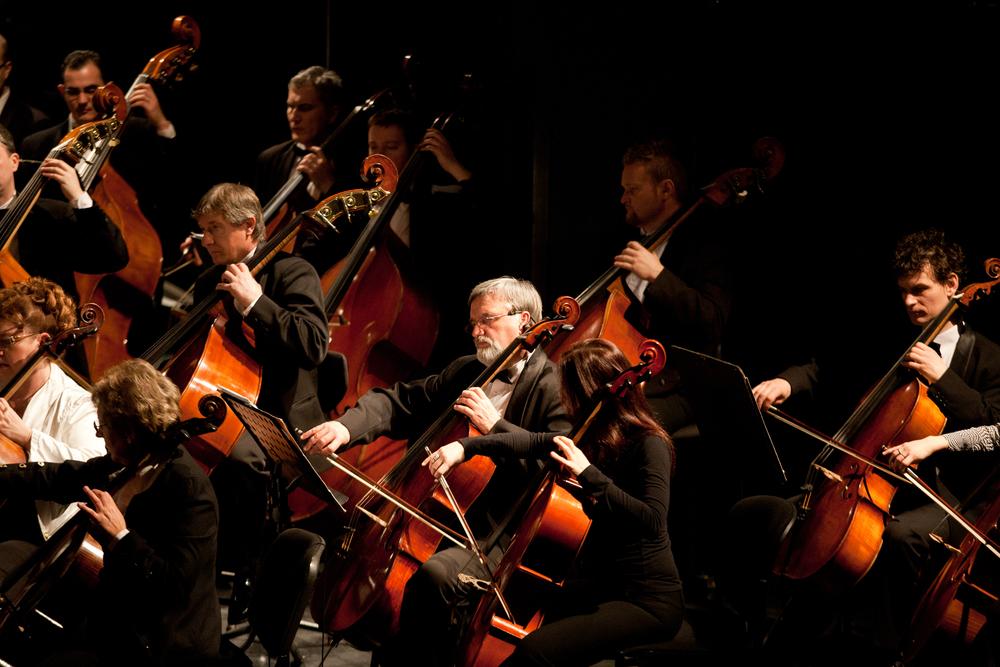In the 20th century, intellectual trends in classical music clashed with popular demand, pushing composers in one direction and audiences in another. This had never happened before.
The move away from baroque intricacies toward clean classical lines in the late 18th century was accompanied by the popularity of Haydn and Mozart. The arrival of Romanticism in Western intellectual circles was embraced by composers and their listeners alike. In the 20th century, by contrast, composers and listeners sharply diverged, as if a committee had decided that music must be X, even if audiences expected and desired Y.






